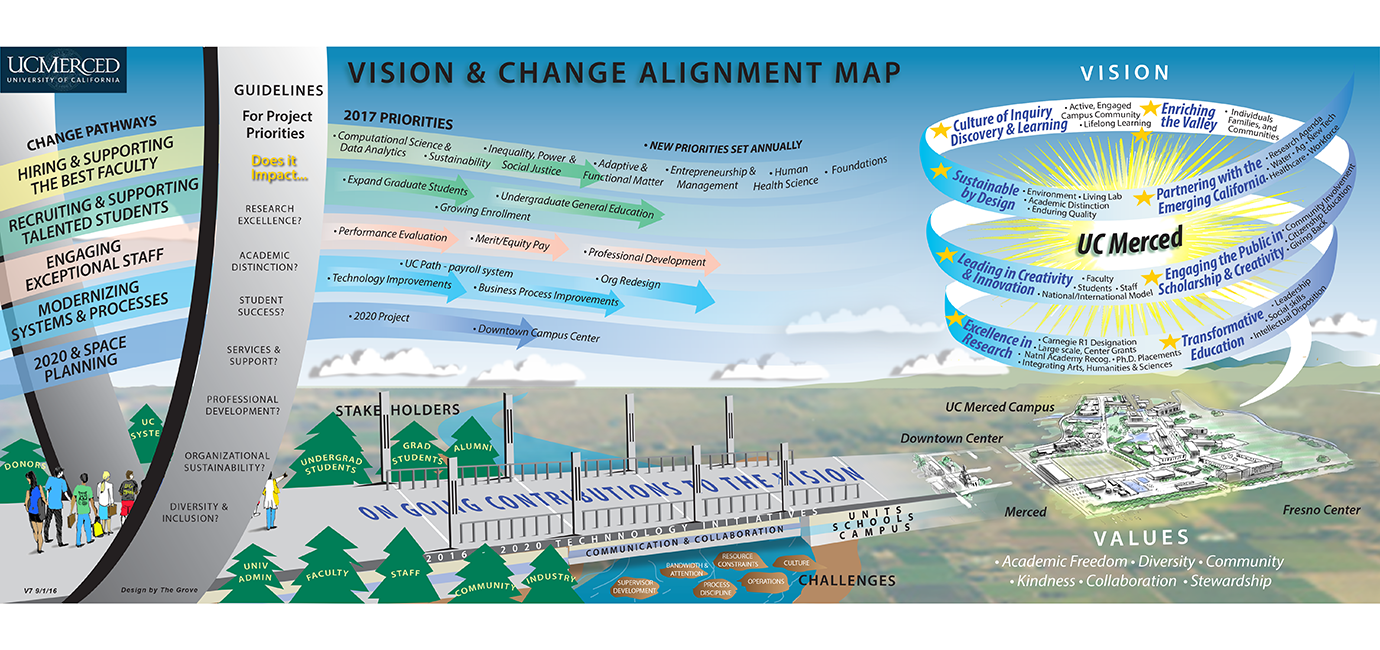Coping with Uncertainty
“We’ve been expecting the s____t to hit the fan,” said one of the participants on the third Zoom call of the day on Sunday. “Well It has.” But another said, “It’s our collective chance to actually transform.” “I’m worried about my father, alone,” said another. “The Germans are worried about the US falling apart over this,” another said, after talking to a sister in Germany. “The air is clear over Wuhan for the first time,” said another.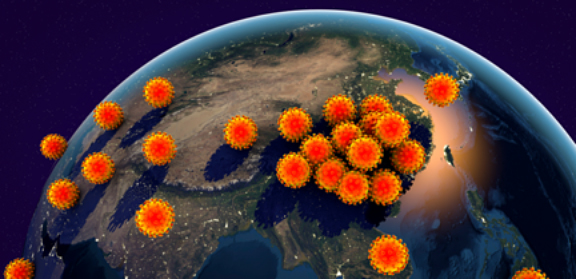
It is clear to me that very little is really clear yet, except that all of us are now in the beginning stages of our response to the COVID-19 world-wide pandemic. It is spreading itself on top of a fragmented geo-political landscape, spiking distrust in leadership, wealth, and the news itself, all combining to create a VERY high level of uncertainty. So, what should we do? What can I do? Is the “doing” impulse itself the right response?
My Inquiry
I am watching my own conscious mind working to make sense of all this, weaving stories about where it came from, what it means, where it will go, what it will do to our consulting company, The Grove, and what it means for our Global Learning & Exchange Network, a brand new non-profit dedicated to facing problems like this in a collaborative way. I devour the new. I feel vertigo looking at the stock market. Something deep inside me know it will never be the same.
I share this writing to bear witness to myself, coping. I’m resisting the urge to write — “Here are the Seven Things You Can Do.” That seems too easy, too comforting to the rational mind—like watching Netflix. I think it’s too early and maybe even dangerous to dismiss the complexity of what is happening.
My Context
I came back to this “new reality” after a nine-day silent meditation retreat that is the culmination of a two-and-a-half-year Timeless Wisdom Training with Thomas Hübl, an Austrian mystic who is attracting therapists, counsellors, facilitators, consultants and other who do trauma work. We ware learning traditional mystical practices. Hübl is convinced that a perspective which includes a capacity for working with spiritual, energetic, and emotional realities can integrate with modern understandings of neuropsychology, quantum physics, and technology in facing big problems. At the core of his teaching is a belief that before we can help others successfully, we must make friends with our own personal being and its special intelligence, trauma fields, and blindness. We are invited to see the doorway to these understandings as learning to listen to our bodies and emotions first, before helping others. That is why I’m starting with myself here.
Hübl’s approach is a practice known as “presencing” or “mindfulness” and involves meditating and learning to truly listen to what our intelligent nervous systems are telling us. For nine days the 130 of us in the training experienced walking meditation, sitting meditation, light meditation, silent meals, solo walks in nature, and some of our own practices interleaved in hour long sessions. Each day involved at least 8 hours of quiet meditation. “It is in the stillness that there is enough space for something new to come in,” says Hübl.
My spouse and partner Gisela Wendling and I attended together, and while not relating at all during the retreat, did plan a buffer of a few days to integrate afterward, tuning slowly into the news and each other. A LOT is going on personally for both of us. We are very glad we did.
As we returned news from the outside world broke like a tidal wave of information and confusion. European travel bans. A tanking stock market. Panic buying at the grocery stores. A President who cannot manage his own impulses. Pockets of COVID-19 outbreaks around the country. Italy closing down. Iran cavitating. Every day are new developments.
Of course, our own business is already being directly hit with cancelled workshops, cancelled or postponed meetings, hours to renegotiating already booked air travel, etc. etc. etc. Shouldn’t I be panicking? Shouldn’t you? I’m not panicking but I am deeply disturbed.
My Early Response
Part of our work in the retreat was to not only witness our own emotional body, but to open to sensing the groups field for its level of coherence, and the large social field. Can we listen into our collective fragmentation? Can we be open to understanding what flows down from our ancestors? Can we begin healing by connecting with and having our real feelings, and connecting with and being open to the feelings in the collective?
I realize that my concern is arcing out through my circles of intimacy. Close-in I connect with Gisela, her daughter, my children and grandchildren. Then we are connecting with as a small firm, the Grove—in what may be the last face-to-face meeting in a while and then again frequently on Zoom and Slack. The three zoom calls I mentioned were larger circles and networks. And Gisela and I are calling the GLEN community to gather. A lot of these communications are sharing heart space—listening, empathizing—not problem solving yet.
But my mind is also going. It’s my traditional response to crisis. The Grove is reaching out to our clients to let them know we are ready to help with our extensive on-line experience. I’m accepting the prevailing story that— “flattening the curve of growth through social distancing” so health care facilities can prepare and keep up. I’m aware that much of our traditional client world is going to be working virtually for a few weeks and months. We are designing new offerings. (So are most of the consultants we know).
But some other new awareness is creeping in. I notice that paradoxically “distancing” in Italy has led to thousands singing to each other every noon and evening from their balconies! I’m noticing some people reporting unusually deep feelings on connection on Zoom even though everyone agrees virtual work isn’t nearly as engaging as face-to-face. But I know that audio is quite intimate. And I’m thinking a lot about the very interesting fact that everyone is vulnerable, no matter what age, creed, socio-economic status, or affiliation you have. Has there been an event like this that is so universal? Even the political parties managed to put their media-managed professional wrestling matches aside to pass an emergency measures bill. Even our neighbors are having a zoom conference to see what we need from each other and are especially open as we wa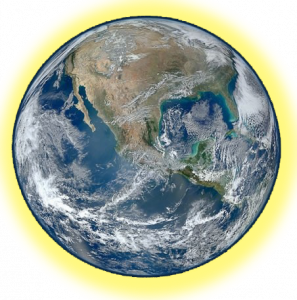 lk the dog.
lk the dog.
I can see how my attention is already moving to the hopeful even as I worry. “Can I work from home tomorrow?” my assistant asks. “I don’t want to use public transit.” “Of course,” I respond. What will it be like in three weeks?
We are all at the early blooming of this crisis. It won’t touch me, my mind says. I’m healthy my mind says. I know how to work virtually my business sense says.
Yet I feel the deep upset in my body, spreading like the dark clouds from Mordor in Lord of the Rings. Can I shake your hand? Are visitors leaving something on the doorknob? If I, a pretty trusting person not in a COVID-19 hot spot am feeling this way, what is happening elsewhere?
So, I don’t have seven answers. But I do feel myself being called to be as grounded, open, connecting, and ready to respond as I possibly can be. I’m calling my children. We’re organizing meetups on-line. We are ready to help with virtual meetings. And I’m asking for guidance and saying open to the light. I’m practicing holding all of our planet in the light.

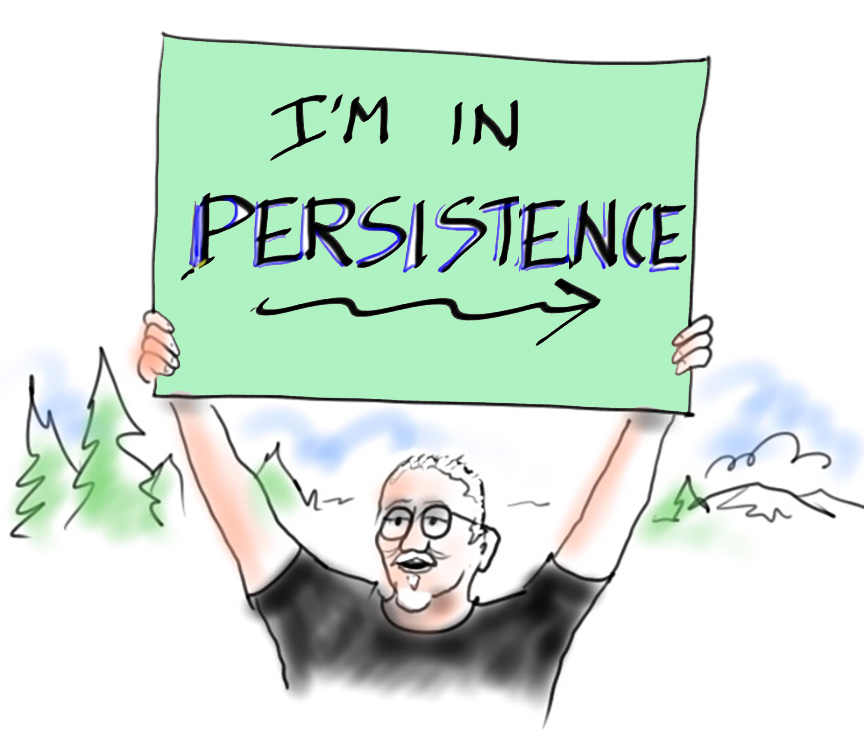 Coming back to the United States from a month in Europe has my head spinning. Gisela and I were working in Germany, Austria, Italy and Poland, leading our Visual Consulting: Designing & Leading Change
Coming back to the United States from a month in Europe has my head spinning. Gisela and I were working in Germany, Austria, Italy and Poland, leading our Visual Consulting: Designing & Leading Change 
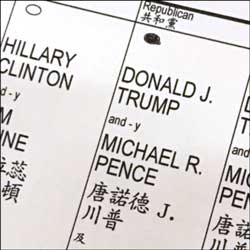 “This is what our democracy stands for, the smooth transition of power.” Obama’s words came in the deliberate, stately cadence that we’ve all heard so many times over the last eight years. “I’ve asked my team to do everything possible to ensure that the new President elect can hit the ground running” he said. “George Bush’s team did that for us when we took office.”
“This is what our democracy stands for, the smooth transition of power.” Obama’s words came in the deliberate, stately cadence that we’ve all heard so many times over the last eight years. “I’ve asked my team to do everything possible to ensure that the new President elect can hit the ground running” he said. “George Bush’s team did that for us when we took office.”